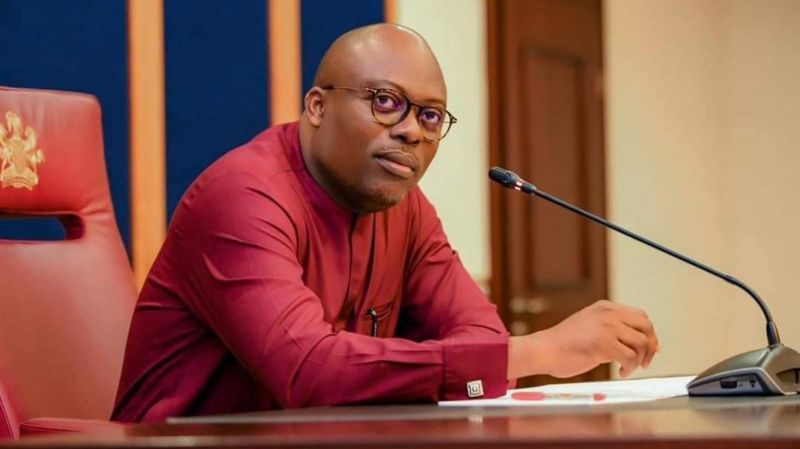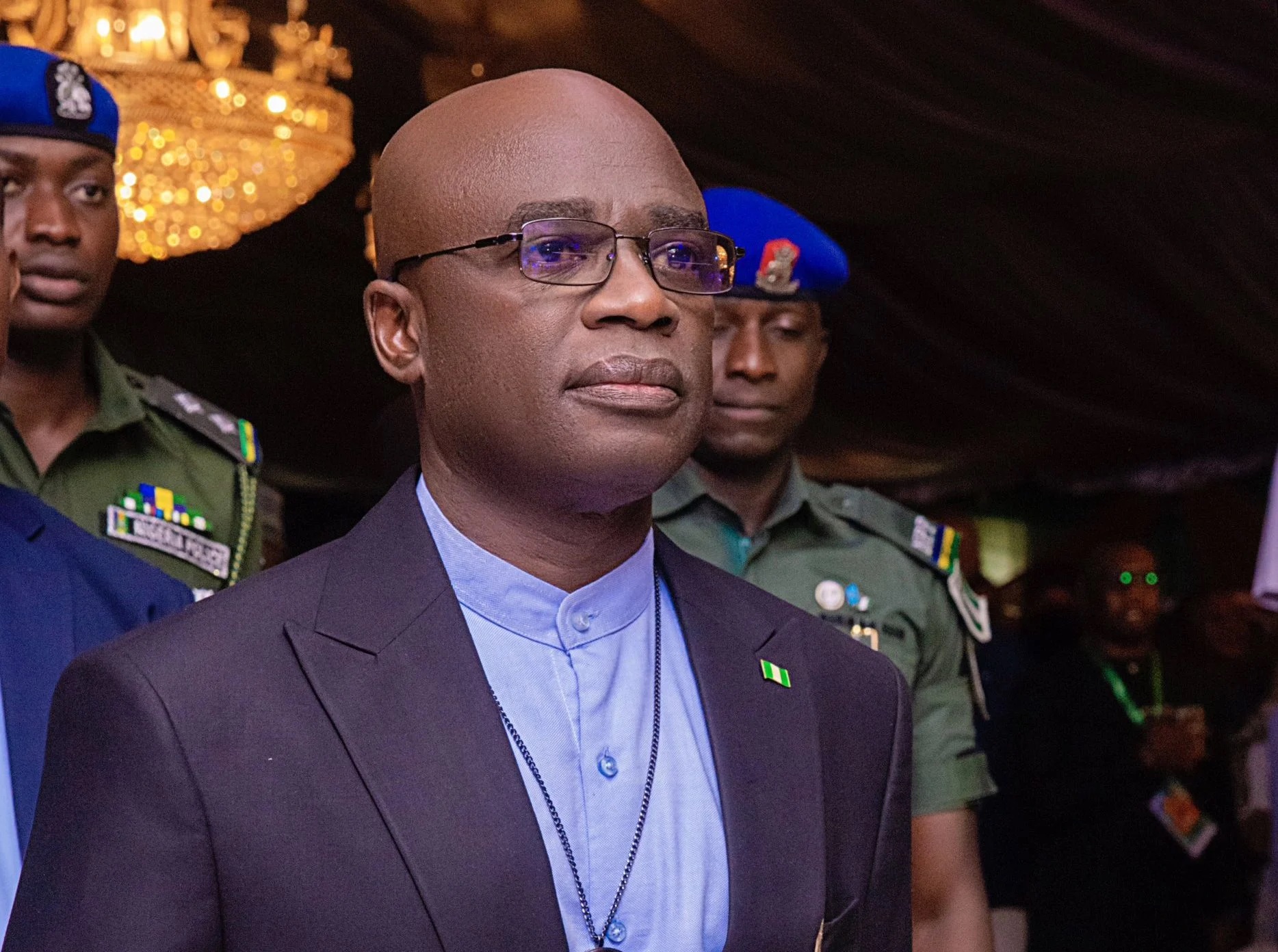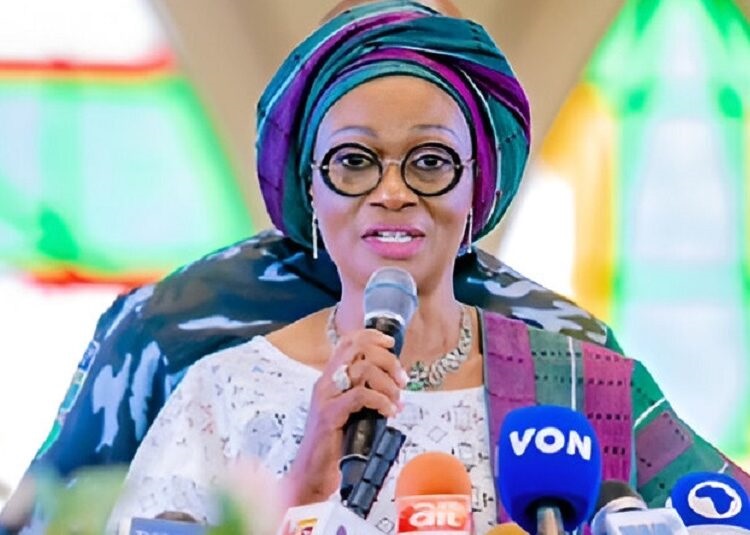Nigeria has confirmed plans to almost double the number of revitalised primary healthcare (PHC) centres across the country, while reiterating that the constitutional responsibility for PHC delivery lies with state governments.
Speaking at a national health financing policy dialogue in Abuja, Dr Muyi Aina, Executive Director of the National Primary Health Care Development Agency (NPHCDA), said the federal government’s role was to mobilise resources and implement targeted interventions.
“The federal government’s responsibility is supportive. Primary healthcare is for the states, but we step in to provide additional resources and direction,” he explained.
The two-day dialogue, organised by the National Health Insurance Authority (NHIA), focused on reimagining financing models that ensure universal, sustainable, and affordable healthcare for Nigerians.
Aina said federal contributions to the Basic Health Care Provision Fund (BHCPF), currently set at one per cent of consolidated revenue, could rise in future, pending political approval. He added that vaccine costs were estimated on a multi-year procurement cycle with backing from development partners.
The NPHCDA is targeting the revitalisation of 17,600 PHC facilities, up from the existing 8,000, with Aina emphasising the need to align investments with infrastructure, staffing, and oversight.
Dr Oritseweyimi Ogbe, Secretary of the BHCPF Ministerial Oversight Committee, underscored the importance of accountability in the use of funds. He said new digital systems would allow federal, state, and community actors to track spending at the facility level in real time.
“Transparency is crucial. When communities see how funds are spent, it improves trust and ensures better service delivery,” Ogbe noted.
International and domestic stakeholders at the meeting highlighted the need for stronger advocacy, political will, and efficient use of resources to fast-track Nigeria’s health sector reforms.





